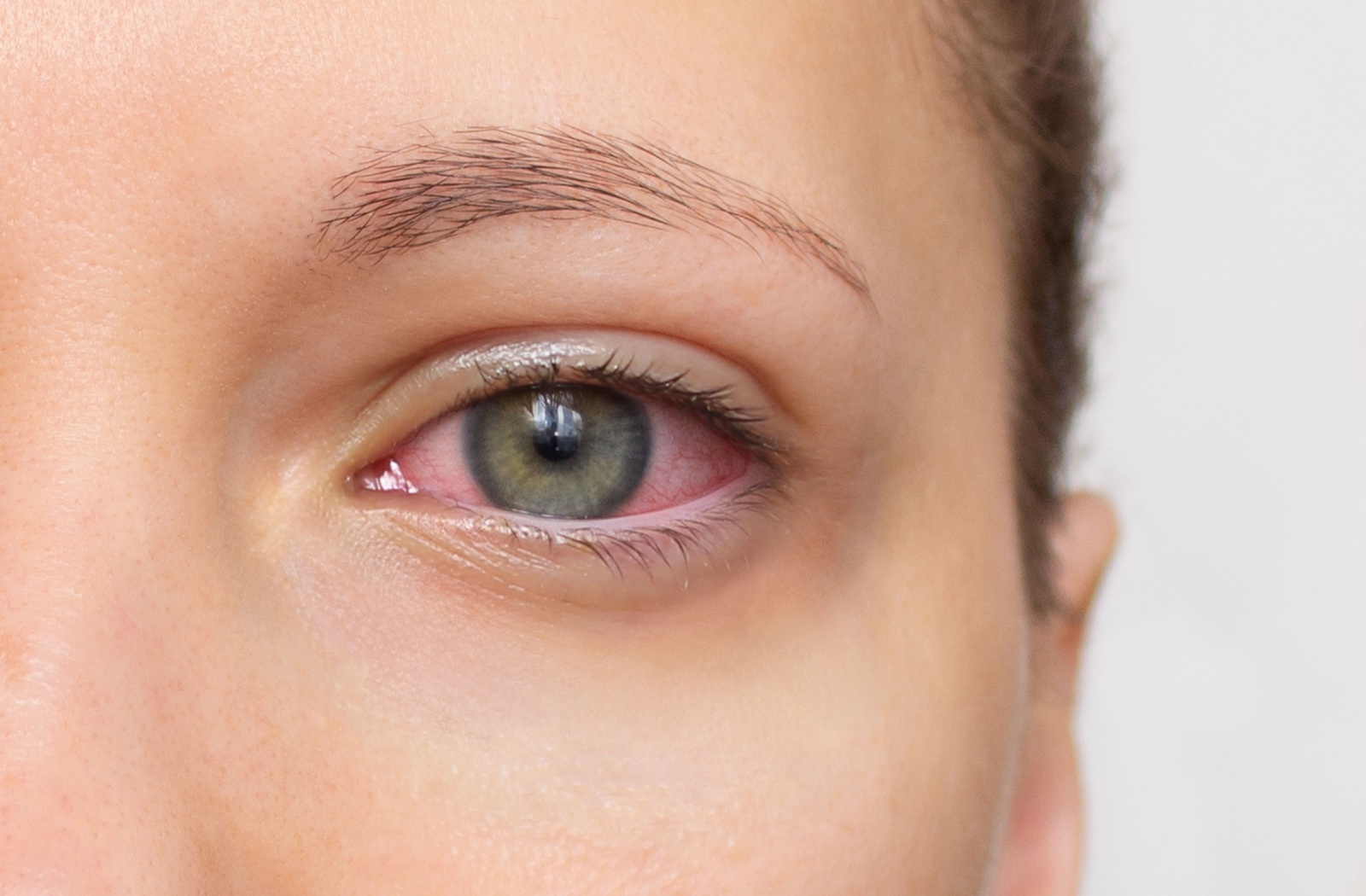If you’ve ever experienced dry, irritated eyes, you know how uncomfortable it can be. For people living with lupus, this discomfort can be a frequent and sometimes persistent problem. Lupus can lead to dry eyes by affecting the moisture-producing glands and triggering secondary conditions like Sjogren’s syndrome, which reduces tear production.
But how exactly are dry eyes and lupus related? Let’s break it down and explore how lupus can affect your eyes, why dry eyes are common in lupus patients, and what you can do to keep your eyes healthy.
What is Lupus?
Lupus is an autoimmune disease where your immune system mistakenly attacks healthy cells and tissues in your body. It can affect various organs and systems, including the skin, joints, kidneys, heart, and eyes. One of the more common symptoms of lupus is inflammation, which can cause discomfort and damage to different parts of the body.
What is Dry Eye?
Dry eye, as the name suggests, occurs when your eyes don’t produce enough tears or the right quality of tears to keep the eyes moist. This can lead to irritation, burning, and a scratchy sensation. In severe cases, it can even damage the surface of the eye, affecting vision. While occasional dry eye is common for everyone, it can be a chronic condition for some, especially those with autoimmune diseases like lupus.
How Lupus Leads to Dry Eyes
For many people with lupus, dry eyes are a common symptom, affecting about 1 in 5 individuals with the condition. One reason for this is a secondary condition called Sjogren’s Syndrome, which often occurs alongside lupus. Sjogren’s syndrome primarily affects the moisture-producing glands, including the tear glands, leading to dry eyes.
When the eyes can’t produce enough tears, it leads to a range of symptoms such as:
- Blurry vision
- A scratchy or burning sensation
- A feeling like something is in your eyes
If left untreated, these symptoms can become more intense and may even result in damage to the eye’s surface.
Does Lupus Cause Dryness?
Yes, lupus can contribute to dryness not just in the eyes but throughout the body. For instance, lupus can cause dryness in the mouth and other mucous membranes, which is again linked to the effects of secondary Sjogren’s syndrome. This dry feeling, especially in the eyes, can be irritating and even affect daily life. The good news is that treatments are available to help alleviate these symptoms.
Managing Dry Eyes & Lupus
If you have lupus and are experiencing dry eyes, it’s important to take steps to manage the condition. Artificial tears (over-the-counter eye drops) can provide relief by helping to lubricate the eyes. These drops can soothe irritation and reduce the risk of damage caused by dryness.
In addition to these eye drops, you may also want to consider incorporating other eye care habits into your routine, such as:
- Keeping your environment humidified
- Taking breaks from screen time
- Wearing sunglasses outdoors to protect your eyes from wind and sun

The Link Between Autoimmune Diseases & Dry Eyes
In addition to lupus, Sjogren’s syndrome is another autoimmune disease closely linked to dry eyes. It can occur alongside lupus or independently, but it’s often seen in people with autoimmune diseases like lupus, rheumatoid arthritis, or scleroderma. Sjogren’s syndrome directly affects the glands that produce moisture, leading to dry eyes and mouth.
Impact of Lupus Medications on Eye Health
Some lupus medications can affect your eyes. For example, hydroxychloroquine (Plaquenil®) can sometimes cause eye problems, so regular eye exams are important to catch any issues early. Steroids, another common treatment, can raise eye pressure and lead to glaucoma or cataracts, which can affect your vision over time. It’s important to monitor any new symptoms and discuss them with both your lupus care team and eye doctor.
More Serious Eye Conditions Linked to Lupus
While most people with lupus will not experience severe vision loss, the disease can sometimes lead to more serious eye issues, including:
- Retinal vascular lesions: Changes to the blood vessels in the eye due to decreased blood flow
- Retinal vasculitis: Inflammation in the blood vessels of the retina
- Scleritis: Inflammation in the white part of the eye
- Uveitis: Inflammation of the middle layer of the eye, including the iris
Lupus can also rarely damage the optic nerve, leading to vision loss. If lupus affects areas of the brain related to vision, symptoms like double vision or trouble moving the eyes may occur.
How to Take Care of Your Eye Health
One of the most effective ways to protect your eyes is to schedule regular comprehensive eye exams. Your eye doctor can monitor for early signs of eye problems before they become more serious. If you’re on lupus medications like hydroxychloroquine or steroids, it’s especially important to have regular eye check-ups, as these drugs can cause long-term changes to your eye health.
In addition, always be sure to communicate with both your lupus specialist and eye doctor about any new symptoms or concerns. If you experience discomfort or notice changes in your vision, don’t hesitate to make an appointment.
Prioritize Your Eye Health with Eyes on Westlake
Living with lupus can be challenging, and dry eyes can make things even more uncomfortable. By understanding how lupus affects your eyes and taking steps to manage dry eye symptoms, you can avoid more serious problems. Regular eye exams, using artificial tears, and working with your healthcare team are essential for keeping your eyes healthy.
At Eyes on Westlake, we’re here to support you in maintaining good eye health, especially if you have lupus. Don’t wait—book your eye exam today to stay ahead of any potential issues. Your vision matters, and we’re here to help!




